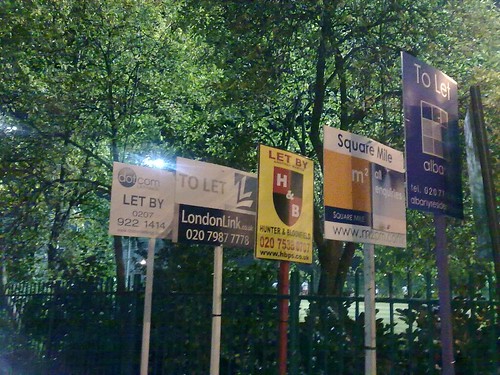I popped back to the Metropole to listen to “The Housing Fringe”. This was advertised as having Jack Dromey MP as its star speaker and the meeting was chaired by a very self-satisfied Michael White of the Guardian.

The slogan “A million houses in a Parliament” has been trialled in the Press and so expectations were high although the announcements of policy were reserved for Ed Miliband’s speech the following day.
Jack Dromey stated
- There is a housing crisis, it’s national and concerns all three tenures, social, private rented and privately owned
- Building more houses is also part of the answer to the macro-economic problem
- Better, affordable housing has health and educational benefits. It’s a good thing to do.
He’s stated before that the New Labour governments could have done better but that the very top of the Labour Party there is a will to resurrect the spirit of ’45 and exercise the political will to build more houses. The huge question facing governments today is whether to spend money on a capital subsidy or housing benefit. It’s clear as a fart in a perfume factory that housing benefit goes to landlords; one source of funds is easy to find.
There’s a need for land. The first thing to try to do is release public land for building. However, not only will the next Labour Government revoke planning consents if land owners fail to use the land for the agreed purpose, but they plan to strengthen local authorities compulsory purchase powers and weaken the powers of objection from neighbouring local authorities. The problem is that much land is owned by developers, who don’t develop, charge more for the limited supply and boost their balence sheets by the appreciating value of their empty landbank.
The discussion on rent stability was unsatisfactory; it seems that the Labour leaderships consensus is that rent controls have undesirable side effects, they don’t create more houses and can lead to massive inequity and massive market distortions. The example of New York’s upper east side was quoted, but surely we can design systems that work. Are they frightened that rent controls will scare away secondary finance? Shelter went on record to state they believe there are undesirable side effects of disrupting the market. The failure to adopt rent controls is worth remembering when the Tories attack Labour for ‘Marxist’ market regulation, but I think they’re wrong.
There was some discussion about the role of foreign money and the Government’s recent housing finance policies in the increasing and escalating costs of Britain’s housing. The BBC quoted fact that 75% of London’s new starts were sold to foreign money was mentioned, to which was added the view that foreign money doesn’t need a rental income from the property. It was suggested that Capital Gains Tax could be used to limit the escalating effect of foreign money and that at the end of the day high rents were caused by a low supply. I’d argue that cheap money, makes property both cheap and desirable since the earnings on land ownership are better than lending it to government or hedge funds. Rent controls reduce the earning capability of property; landlords will move their money somewhere else, unless they think the property value rises will compensate them for the lost rental income. An assumption that current Tory government policies underwrite, but I still find it hard to believe.
In Lewisham, on the Council there has been a massive debate as to how to ensure that publically funded housing remains accountable to public goals; the form of ownership determines whether hosuign stock is grown, rents are minimised or management fees and rewards maximised. Jack Dromey stated that social goals must remain at the heart of the housing associations, and that we need to build communities and not create ghettos.
One final fact offered is that it takes £234,000 to build a house in London, and £100,000 in the NE. (No statement as to the size of such a house, nor if that includes land acquisition costs.)
Pingback:Without news rooms and journalists, we won’t get the news! | Well Red